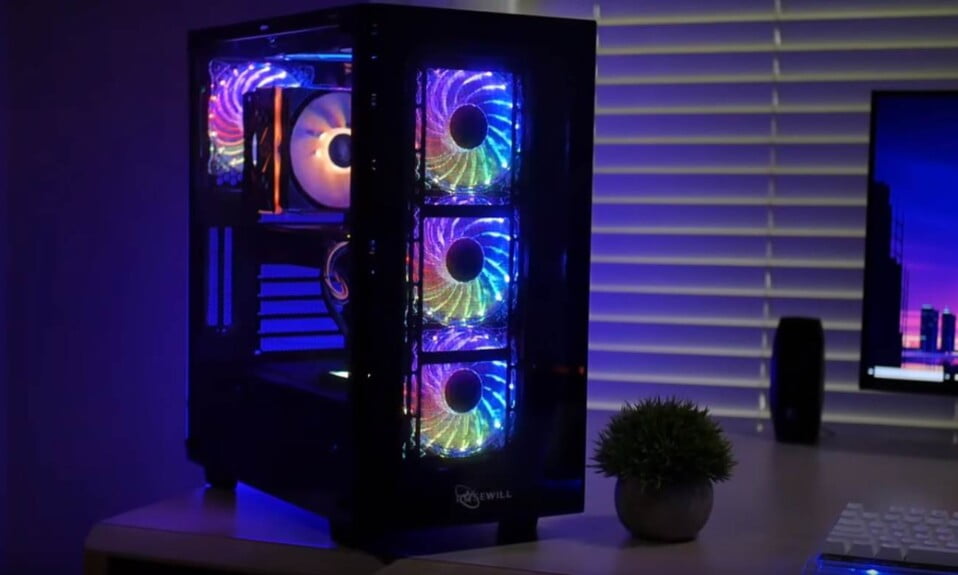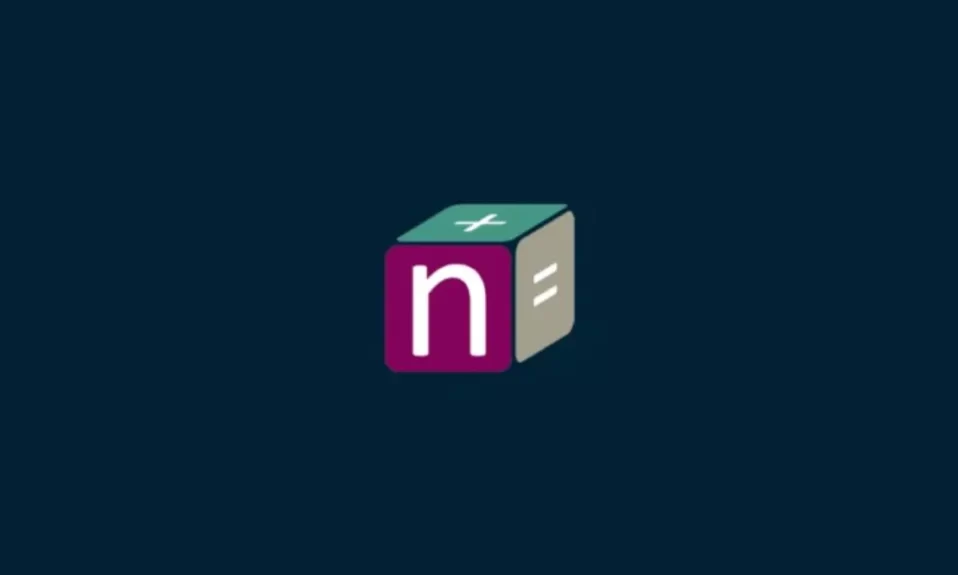Is your computer fast enough for the tasks you need to complete? When you try to use Photoshop, does it take forever to boot or grind to a halt? If this is the case, it’s likely time to upgrade your hardware.
But now you’re asking yourself, “What should I upgrade on my computer?” What upgrades are the most cost-effective, and which ones are a waste of time? Here’s a rundown of the best PC upgrades available.
Why You Should Upgrade RAM?
The simplest and most accessible way to upgrade your PC is to add more memory. It’s inexpensive, can be done on almost any computer, and doesn’t require much technical knowledge. If your laptop allows it, it’s also one of the best upgrades you can make.
This is the place to begin if you’ve never opened your PC case before.
Almost all slow PCs benefit from a RAM upgrade, which provides an immediate performance boost. For resource-intensive tasks like video editing or gaming, the more RAM you have, the better.
Even if you only use your computer occasionally, having more RAM allows you to run more apps in the background or have more tabs open in your browser.
So, how much RAM do you really need?
The bare minimum is 4GB. With up to ten browser tabs, a little photo editing, and video streaming, it’s fine for everyday use.
If you upgrade to 8GB, you’ll notice a significant difference. This is ideal for multitasking, browsing with up to 30 tabs open, RAW photo editing, and mid-range gaming.
For the best results, go with 16GB for heavier tasks. With this much memory, serious gaming, media editing, and other pro-level tasks will run smoothly.
If you’re not sure what RAM is compatible with your computer, Crucial has a PC upgrade advisor tool that can help you figure out what you need.
Consider Upgrading the Graphics Card
This is the second item on our list, but if you’re a serious gamer, it should be the first thing you upgrade. You might not need to upgrade it at all if you aren’t a serious gamer, 3D modeler, or 3D animator.
Because cutting corners on graphics is a simple way to save money, PC manufacturers prefer to use integrated graphics cards over dedicated graphics cards.
Most users will be satisfied with integrated graphics on modern systems. You can use it to do Photoshop work or watch 4K videos. Around 10% of Steam users are using integrated graphics to play games.
However, if you require superior graphics performance for gaming or VR work, an RTX 2070 will provide a significant boost. At GPUBenchmark website, you can compare the performance of dedicated cards to your current option.
Get a Faster Storage Drive
You should upgrade your hard drive for one of two reasons: you’re running out of space or you want better performance.
If you’ve done everything you can to free up space on your hard disk and you’re still running out, you’ll need to upgrade to a larger one. A full hard drive not only makes it impossible to save new data, but it can also slow down performance. At the very least, leave 10GB free for the operating system to work with.
Consider increasing the physical speed of your hard disk drives. If your PC currently has a 5400RPM hard drive, upgrading to a 7200RPM model will provide a significant performance boost.
However, switching to a solid-state drive is one of the most beneficial computer upgrades. These are much faster than traditional hard disk drives because they use flash memory instead of a spinning disk.
A 5400RPM drive can write up to 100Mbps, a 7200RPM drive up to 150Mbps, and a solid-state drive up to 500Mbps on average. High-end SSDs, such as the Samsung 970 EVO Plus, have write speeds of up to 3300Mbps.
A faster data drive, in the end, has an impact on your entire system. It translates to faster boot times, program loading times, game launch times, and program responsiveness in large-file programs (like video editing or RAW photo editing).
Solid-state drives were criticized for having much smaller capacities and being more expensive than hard disk drives. While this is still technically correct, it is no longer an issue.
1TB SSDs are now fairly common and reasonably priced—the SanDisk SSD Plus is a good example. That should be sufficient for most people, but if you require more space, you may want to consider a hybrid drive. This combines the two technologies to give you the best of both worlds in terms of speed and size.
Upgrading the Processor
Processor upgrades are far more involved than the other upgrades we’ve discussed so far. It’s not only more difficult to install physically, but it’s also one of the more expensive upgrades. There are also socket compatibility issues to consider.
More importantly, a processor upgrade isn’t always a good thing, and it might not provide you with the performance boost you want.
cpubenchmark.net‘s benchmark tests can help you compare the relative performance of various processors. In general, these tests show that minor changes do not result in significant improvements.
It’s only worthwhile to upgrade a processor if the difference is significant, such as going from an Intel Core i3 to a Core i5, or from an older generation to a newer generation. Don’t choose something solely on the basis of its faster clock speed.
Processors are costly, and you may need to upgrade your motherboard as well (and that might require you to buy new RAM). Even if your motherboard appears to be compatible with a new processor on paper, a BIOS update may be required to make it work. Check before you buy because it can be a pain.
Finally, if your processor is the bottleneck in your system, you may want to consider purchasing a completely new system.
How Upgrading Software Can Improve Performance
Most programs on your computer are set to update automatically. If not, you’ll most likely click the Update button as soon as you’re notified that new program versions are available.
In the vast majority of cases, this is the correct course of action. However, this is not always the case. The version number for a lot of software is written in the form of Major. Minor. Revision.
So, if an update’s version number is 0.0.1, it’s most likely a bug fix. If the version number is 0.1.0, it most likely contains minor improvements and new features. Minor and revision updates should be applied as soon as possible.
Major updates, on the other hand, involve a change in the full version number. New versions of programs almost always consume more resources than older versions, so if your PC’s hardware is already at its limit, you should address that first.
The same is true when it comes to operating system updates. For performance and security reasons, regular incremental updates are required, but new versions are not. They will almost certainly contain bugs and may cause your system to slow down.
If your PC is performing well, it’s worth deferring operating system upgrades until you’re certain they won’t result in a downgrade.
Without spending any money, software tweaks are a great way to make your computer feel faster. A good place to start is with our guide on how to make Windows 10 run faster.
What Else Should You Upgrade?
Because all of the other PC components are connected to it, upgrading the motherboard is the most difficult of all upgrades.
It’s only worth thinking about if you have your heart set on a new processor that won’t work with your current setup. On its own, it won’t give you much of a speed boost.
There are also other factors to consider.
For example, a keen photographer would undoubtedly benefit more from a better monitor than from making Lightroom run faster. A mechanical keyboard could also help a writer be more productive.
Consider how you can improve your PC experience rather than focusing solely on performance. Speed is important, but it isn’t the only factor to consider.
Make certain that the parts you purchase are compatible with the rest of your kit. PCPartPicker is a good PC upgrade checker that helps you identify and shop for the right components.
The Bottomline
When it comes to upgrading your PC, the main areas to concentrate on are RAM, SSDs, and graphics cards.
Ideally, you should always customize your upgrades to meet your specific requirements. Taking the time to figure out where the problems are in your system will help you make the best hardware upgrade decision.
Well, these are the best upgrades that will improve your performance drastically. We hope this guide helped you.
If you liked this, don’t forget to check out our gaming, troubleshooting, and computing guides.
Furthermore, if you have any questions or suggestions, please use the comment below to contact us.












